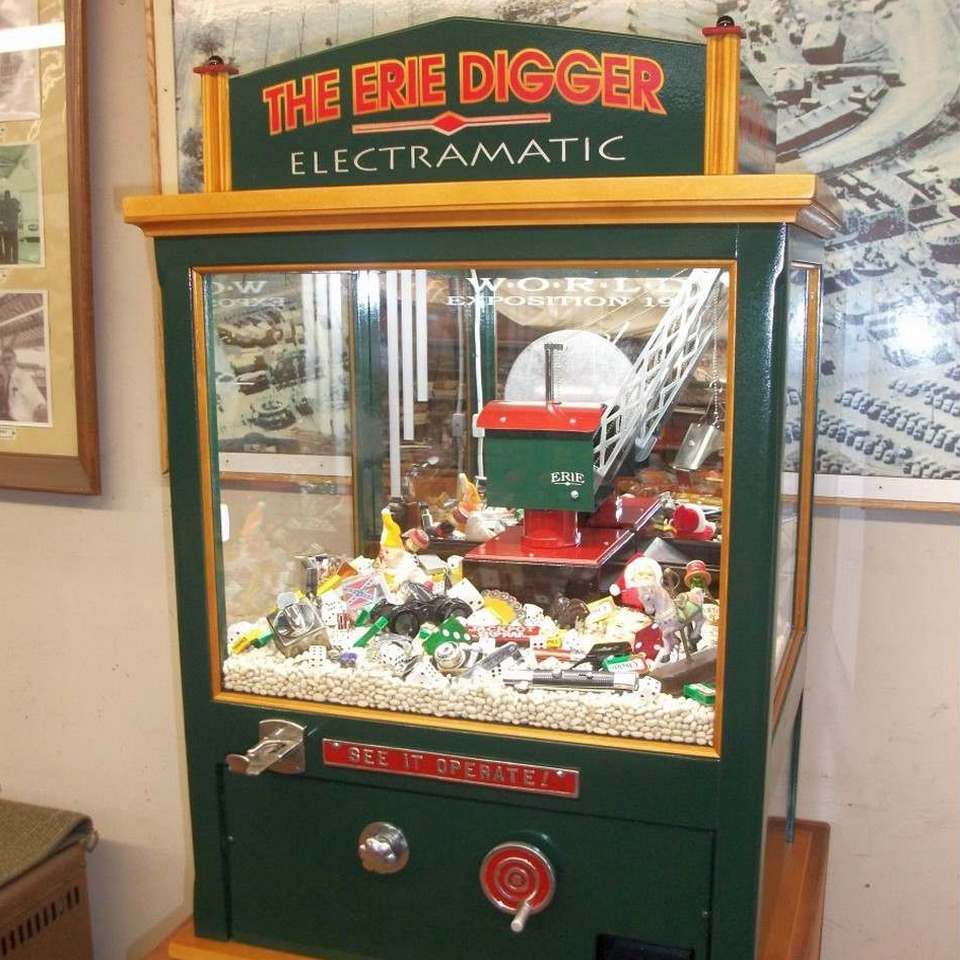
Pattaya police are having a hard time cracking down on Claw machines. The Thai supreme court has confirmed they are a breach of the 1935 gambling act, but they regularly reappear in malls and anywhere with lots of kids providing sizeable foot traffic. In Pattaya they are especially popular outside 24 hour convenience stores. A 7/11 location manager told Pattaya Mail, “I have no idea who owns these machines, but someone calls by monthly and pays us 3,000 baht (about US$100). The police removed three a few days day ago, but new Claws were delivered next day.”
Most Pattaya machines offer Clawsome prizes such as a cuddly toy in the form of an animal. Naturally, the experience is rigged. The pinchers which pick up the hoped-for prize are manipulated by fixing the amount of electricity controlling the grip: after successfully hooking the toy, the power intensity is automatically reduced which results in a premature and failed drop.
Another trick to pre-set the machine’s controls to provide a winner just once in fifty (or whatever) tries. Occasionally, a particular machine may be pre-set to successfully drop a cuddly toy more frequently to entice kids this is a “lucky” Clawcade attraction. Thus several youngsters may crowd around one particular machine, eager to insert their 10 baht coins again and again. There are even websites like Ready Steady Claw or Tik Tok and YouTube videos advising you how to increase your chances of winning.
Claw showcases date back to the United States in the 1890s and “eerie diggers” replicated in minute form the huge machines which built the Panama canal. The early manual models operated without electricity. They strayed into Europe in the 1930s but disappeared as nazi forces overran the continent. The current craze seems to have started in Taiwan in the 2010s. As Pattaya police continue their crusade, remember one Clawsome prize is born every minute.










